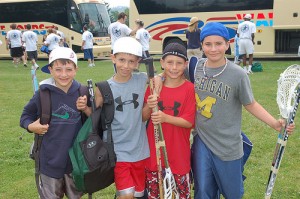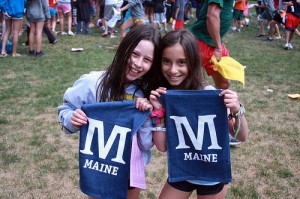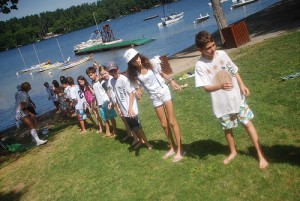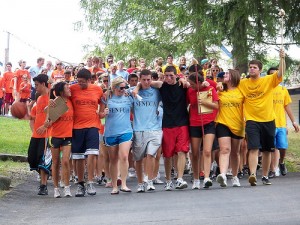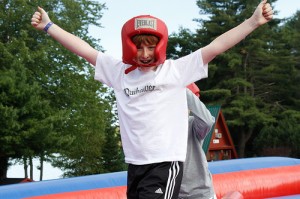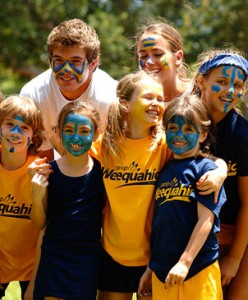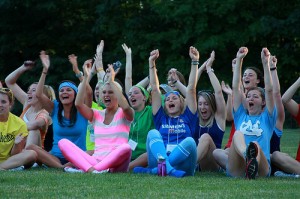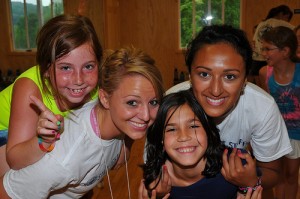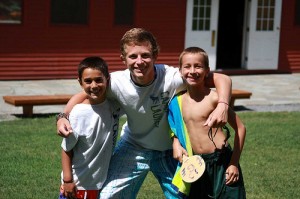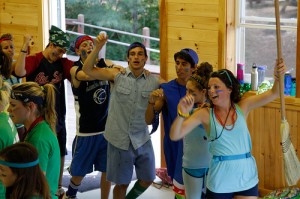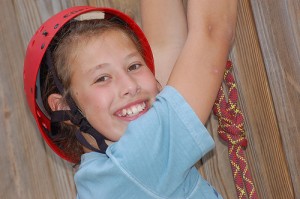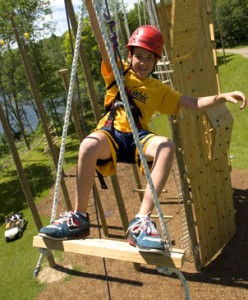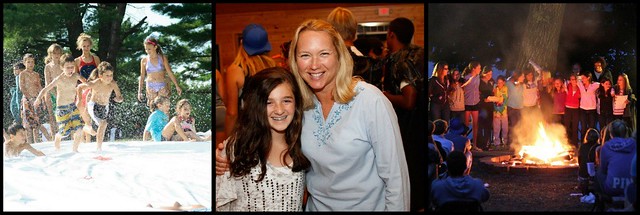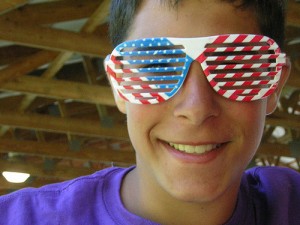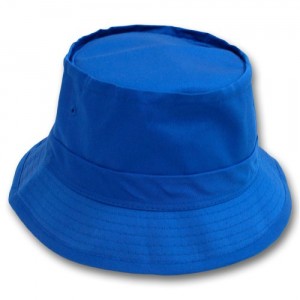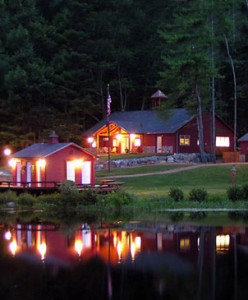 Admit it. You’re jealous. Your children go to summer camp each summer. Then they come home and tell you about it, and you wish that you could go to camp, too. Well, you might be able to. Did you know that many summer camps offer facility rentals during the “off season”, typically from mid-to-late August through early June? If you have a group function, such as a reunion, retreat, or wedding, think about renting a summer camp. For a large group, using a camp as your venue may have several great advantages.
Admit it. You’re jealous. Your children go to summer camp each summer. Then they come home and tell you about it, and you wish that you could go to camp, too. Well, you might be able to. Did you know that many summer camps offer facility rentals during the “off season”, typically from mid-to-late August through early June? If you have a group function, such as a reunion, retreat, or wedding, think about renting a summer camp. For a large group, using a camp as your venue may have several great advantages.
First, unlike at hotels and resorts, you will likely have exclusive use of the facilities. Your group will be the only one there, which means that you will have privacy and are sure to be #1. Keep in mind that certain areas of camps, such as waterfront and outdoor adventure areas, may only operate under the supervision of adequately trained personnel and acceptable weather conditions. Many camps will provide trained personnel for you for an additional fee. The value of enjoying such popular camp areas may far exceed any additional costs. Outdoor Adventure areas and ropes courses are particularly ideal for team building exercises and bonding.
Most summer camps also provide in-house staff familiar with the campus to assist you with all of the details of your stay. From 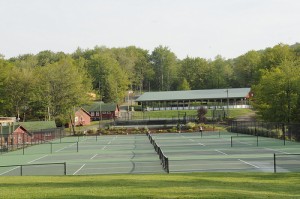 arranging housing, to campfires, special events, and meals, the camp will have at least one liaison, somewhat like a concierge, to assist you with all of the special details and make sure your stay is perfect.
arranging housing, to campfires, special events, and meals, the camp will have at least one liaison, somewhat like a concierge, to assist you with all of the special details and make sure your stay is perfect.
The very atmosphere of a summer camp facilitates togetherness. Summer camps provide a natural environment free of many modern distractions, such as television, video games, computers, etc. This isn’t to say that all of these things won’t be available if you want them. But that they are available in contained areas keeps the focus on the purpose of your gathering.
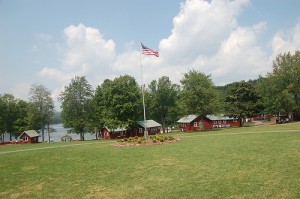 Camp rentals often include meals in the camp’s dining facility. This means that everything is done for you. The camp food services staff plans, cooks, and serves meals for your group. Of course, many camps will also work with you to customize menus, if necessary. Regardless, you are likely to have an entire dining facility at your convenience and can decide when meals will be served.
Camp rentals often include meals in the camp’s dining facility. This means that everything is done for you. The camp food services staff plans, cooks, and serves meals for your group. Of course, many camps will also work with you to customize menus, if necessary. Regardless, you are likely to have an entire dining facility at your convenience and can decide when meals will be served.
Finally, summer camp campuses offer amenities that most hotels just don’t have.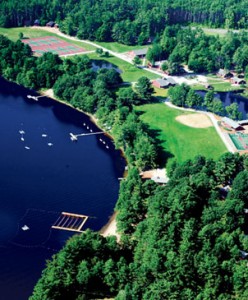 Yes, there are tennis, volleyball, and basketball courts. But there are also soccer fields, football fields, baseball diamonds, arts and crafts studios, and theater facilities…all things your average hotel just can’t offer.
Yes, there are tennis, volleyball, and basketball courts. But there are also soccer fields, football fields, baseball diamonds, arts and crafts studios, and theater facilities…all things your average hotel just can’t offer.

 570-798-9831
570-798-9831
 6. Make your Visiting Day plans and book lodging. Yes, it’s true that your children haven’t even left for camp yet. But many hotels within the immediate vicinity of a camp often book months in advance. If you’re unsure of the lodging options near your children’s camp, contact the camp office.
6. Make your Visiting Day plans and book lodging. Yes, it’s true that your children haven’t even left for camp yet. But many hotels within the immediate vicinity of a camp often book months in advance. If you’re unsure of the lodging options near your children’s camp, contact the camp office. 4. Ensure you have all adequate sports and musical equipment in order: the wheels on the roller blades are oiled, the shin pads are the proper fit, and the guitar strings have been tightened. Just as if they are going off to rehearsal, your children’s sports equipment will receive as much of a workout at camp as it will at home. Sending your campers with properly maintained and fitting equipment can have a tremendous affect on the success of their summer.
4. Ensure you have all adequate sports and musical equipment in order: the wheels on the roller blades are oiled, the shin pads are the proper fit, and the guitar strings have been tightened. Just as if they are going off to rehearsal, your children’s sports equipment will receive as much of a workout at camp as it will at home. Sending your campers with properly maintained and fitting equipment can have a tremendous affect on the success of their summer. 3. Pack. It sounds so simple. Yet, for camp, it’s quite the production. Most camps strongly advise against packing any clothing that can’t withstand commercial laundry services. It’s also wise to remember that camps often downplay the importance of physical appearance, which means leaving the “dry clean only” and “one of kind” items at home is typically a good idea. Once you have your children’s bags packed, don’t forget to arrange for them to be delivered to camp by the designated date.
3. Pack. It sounds so simple. Yet, for camp, it’s quite the production. Most camps strongly advise against packing any clothing that can’t withstand commercial laundry services. It’s also wise to remember that camps often downplay the importance of physical appearance, which means leaving the “dry clean only” and “one of kind” items at home is typically a good idea. Once you have your children’s bags packed, don’t forget to arrange for them to be delivered to camp by the designated date.